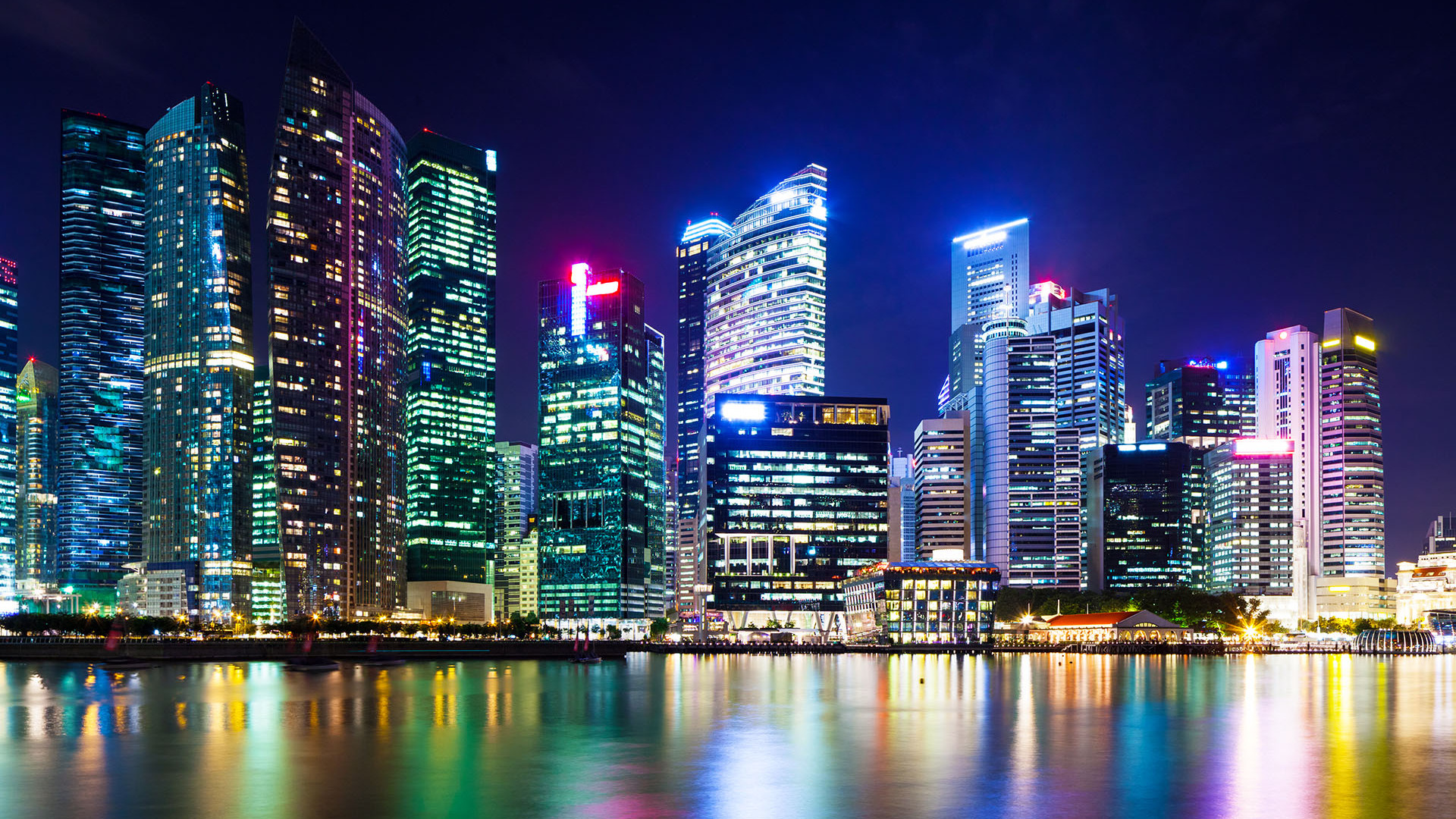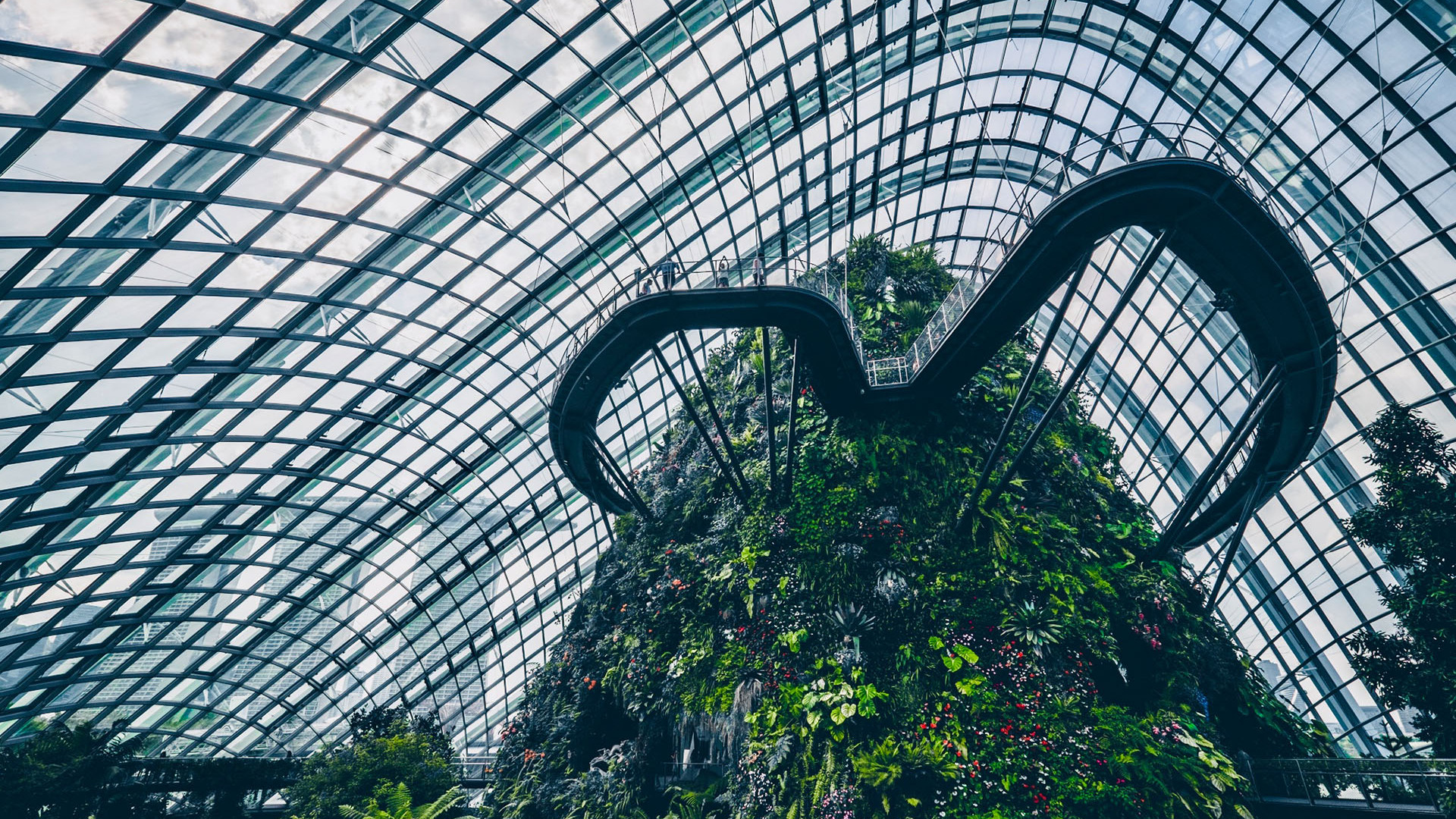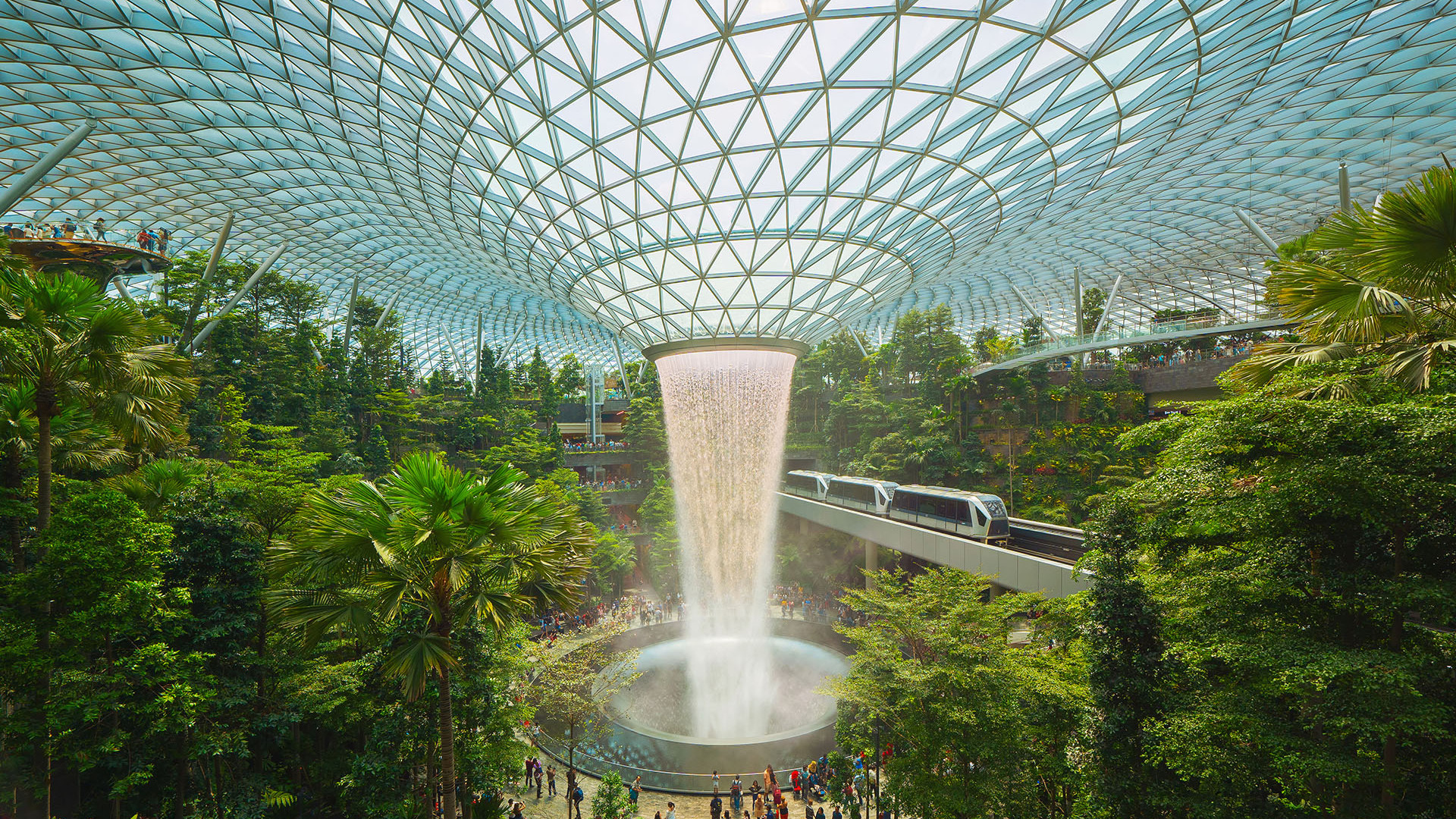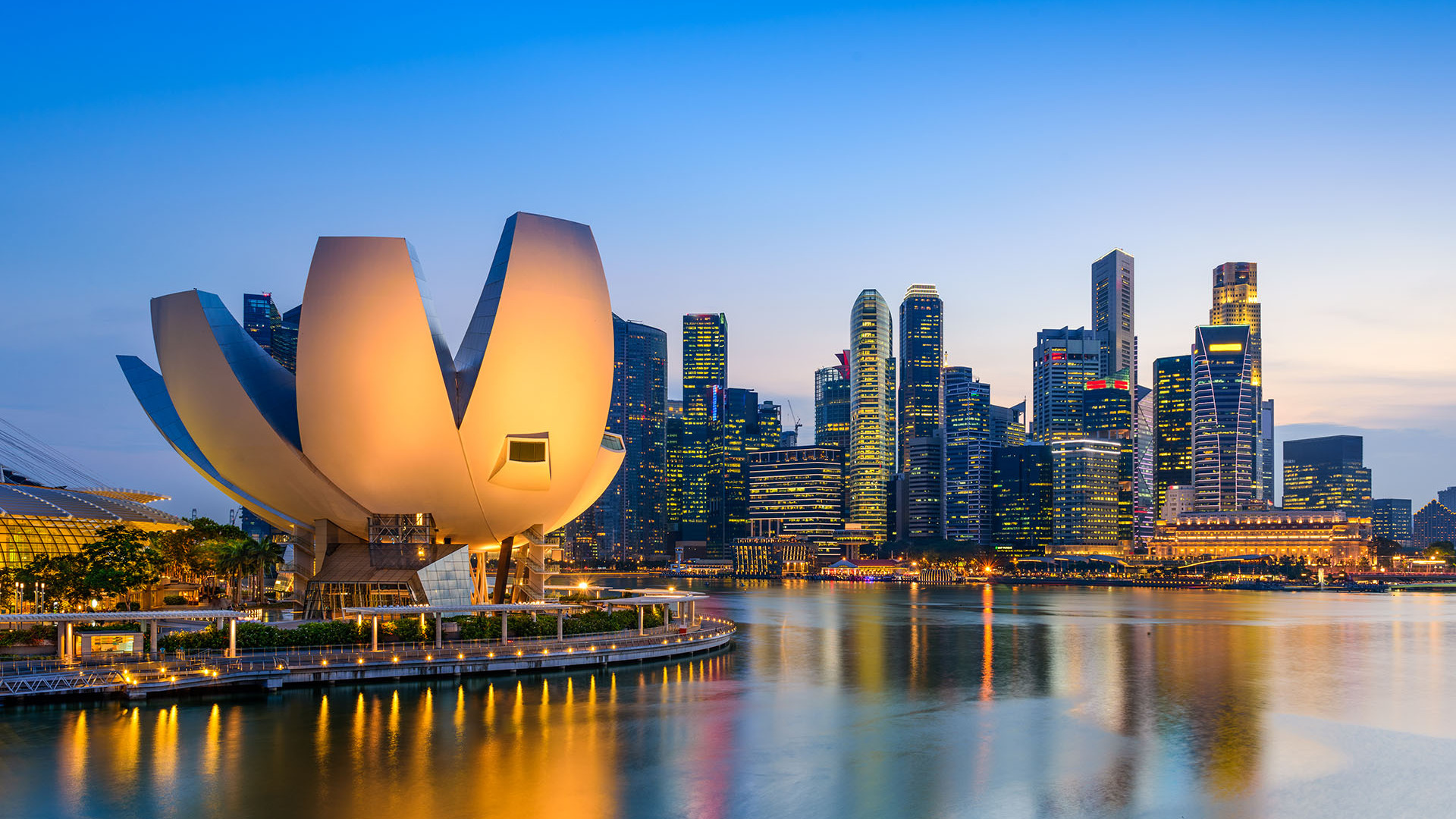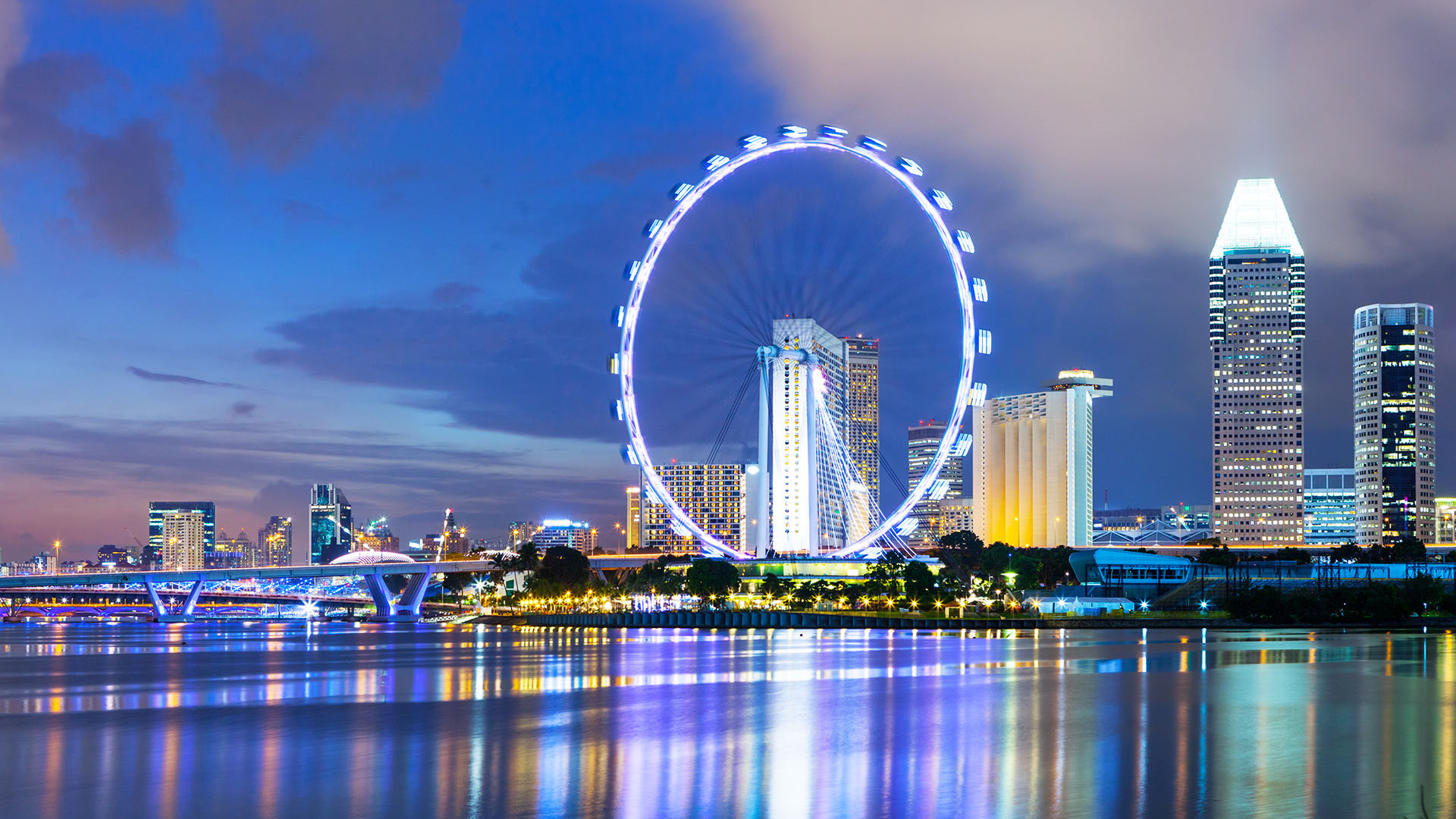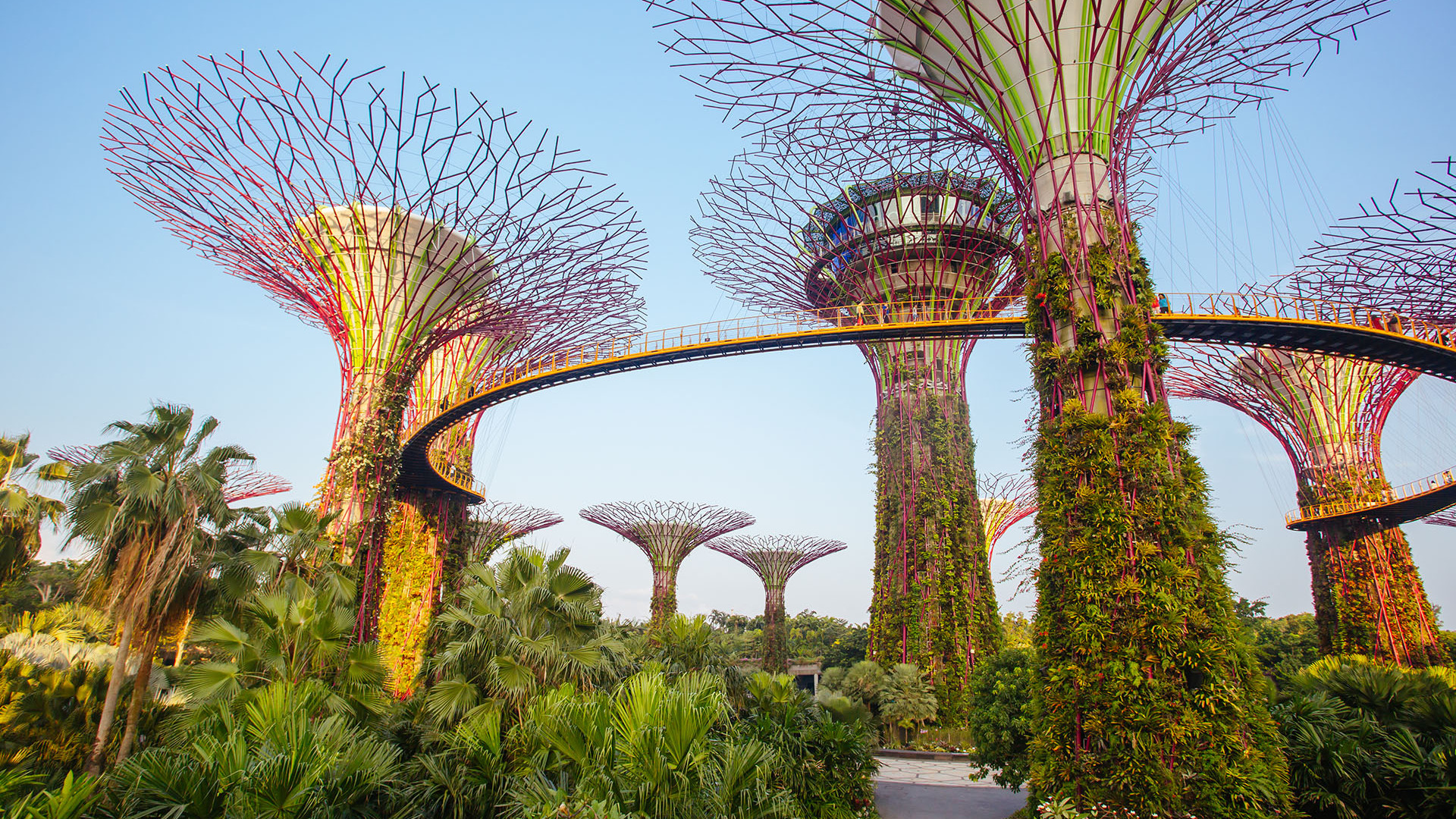Singapore is one of the world’s most open economies, with a total trade three times its GDP. Today, Singapore is a leading global financial centre and a crucial hub for international trade and investment, facilitating the flow of goods, services, capital and ideas across borders.
Even though Singapore is a city-state, ensuring sustainable development has been the cornerstone of its development since independence. Singapore embeds sustainability across its national policies and in everyday lives through a Whole-of-Nation approach. In February 2021, Singapore announced the Singapore Green Plan 2030, a national sustainable development agenda to build a greener future and strengthen Singapore’s commitments under the 2030 Agenda for Sustainable Development and the Paris Agreement.
Singapore embeds sustainability across its national policies and in everyday lives through a Whole-of-Nation approach.
Singapore also seeks to do its part to promote sustainable development globally. It recently presented its second Voluntary National Review at the UN High-Level Political Forum on Sustainable Development in July 2023 to share its experiences in progressing towards the Sustainable Development Goals. The country is also proud that Singaporean presided over the negotiations on the Marine Biodiversity of Areas Beyond National Jurisdiction Agreement under the United Nations Convention on the Law of the Sea, which concluded in March 2023. The agreement will enhance the international legal regime concerning the conservation and sustainable use of biological diversity in the oceans beyond the exclusive economic zones and continental shelves of states.

